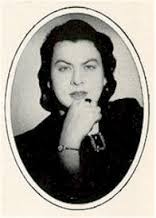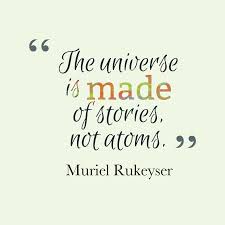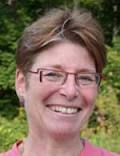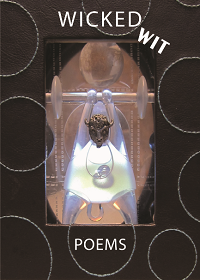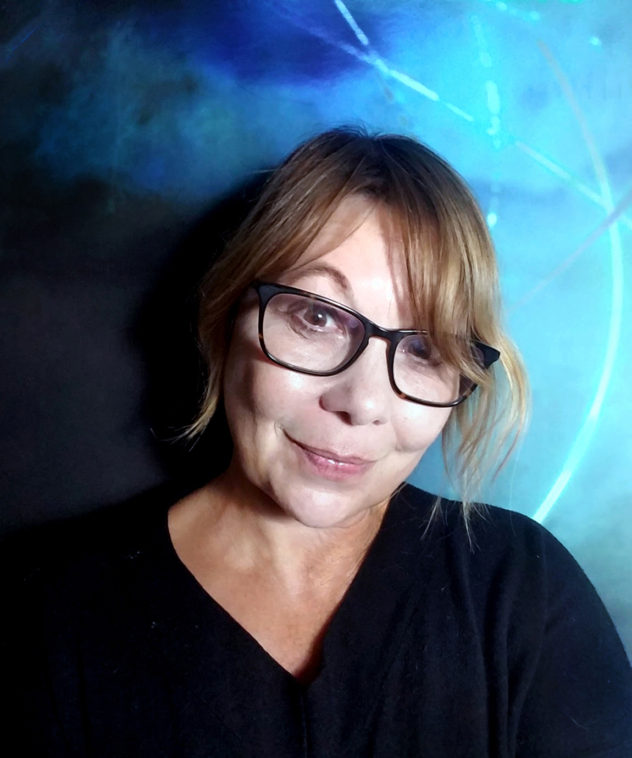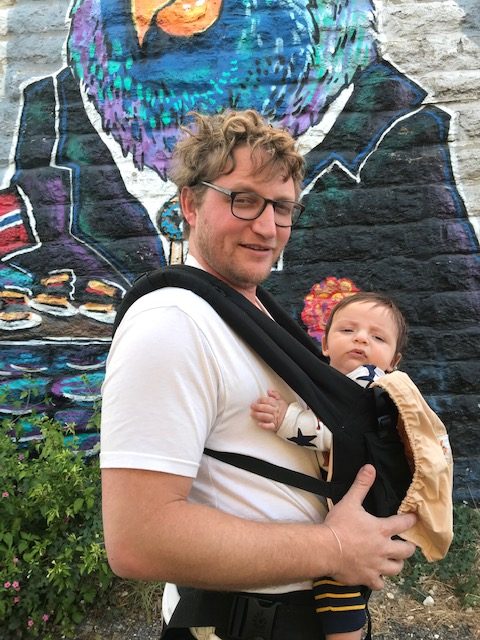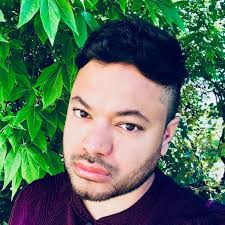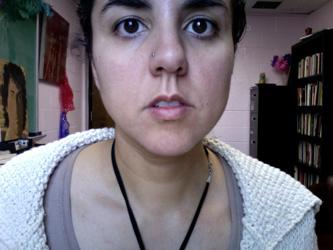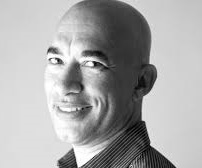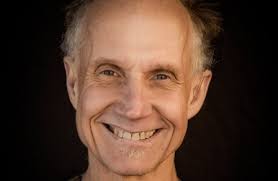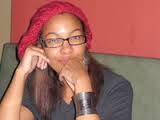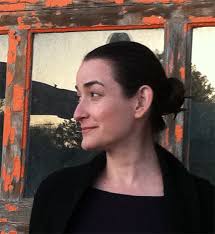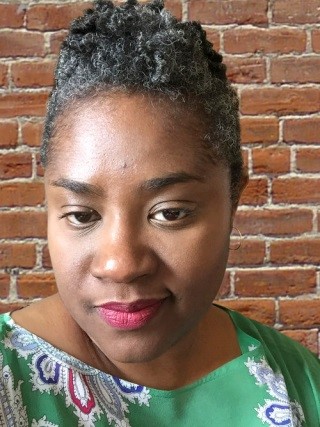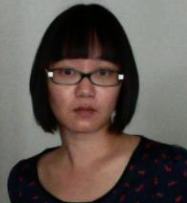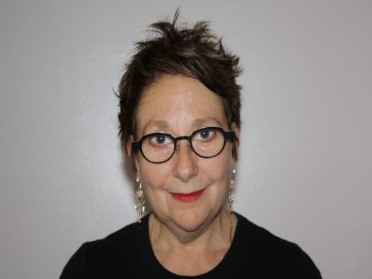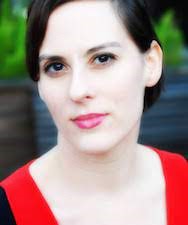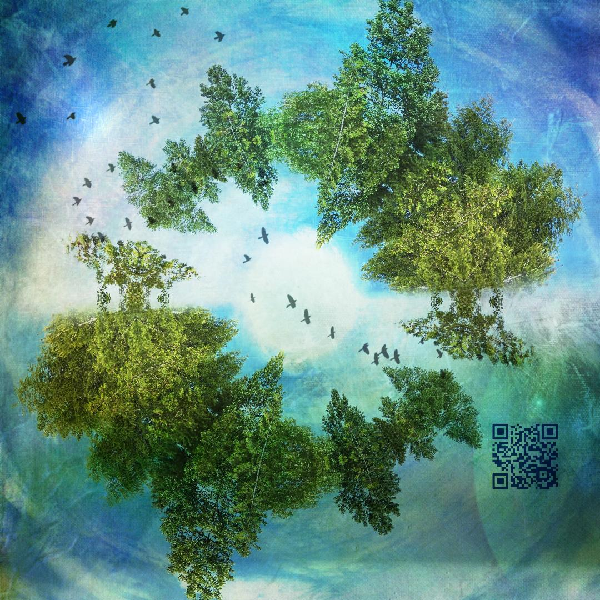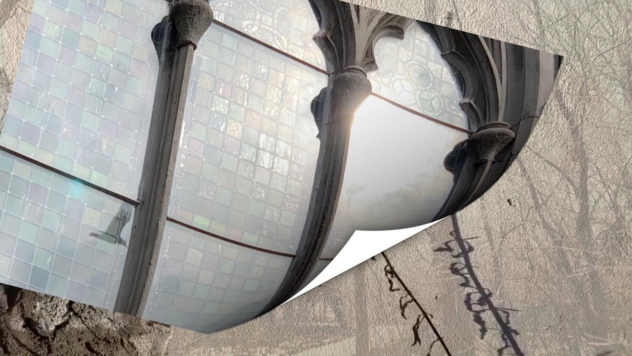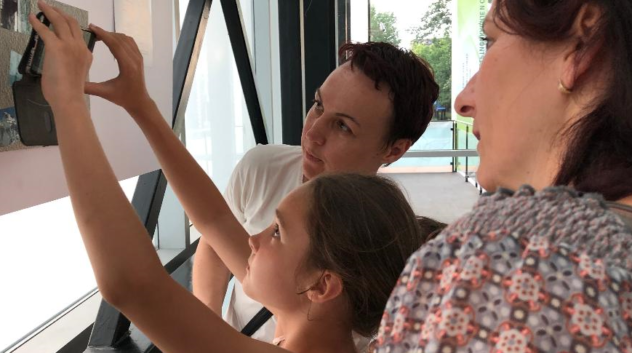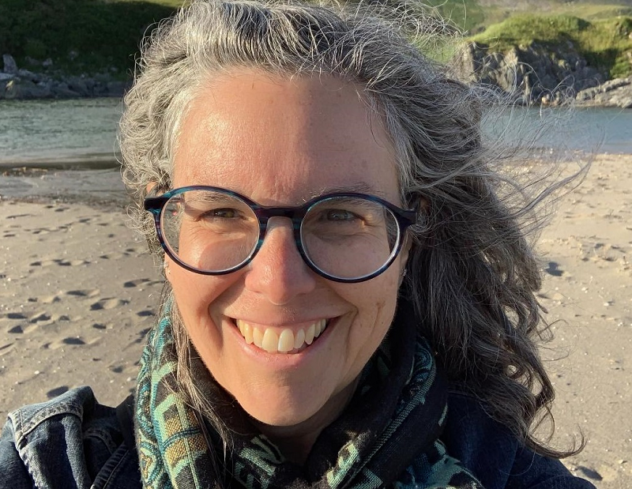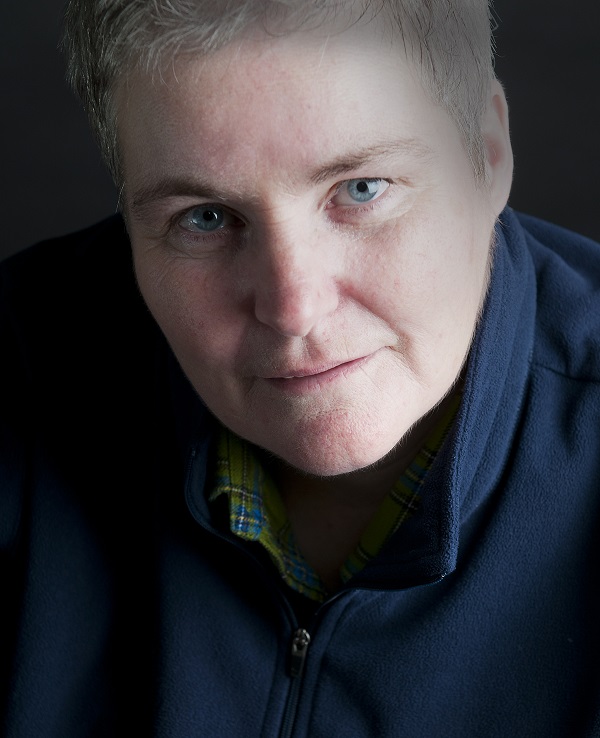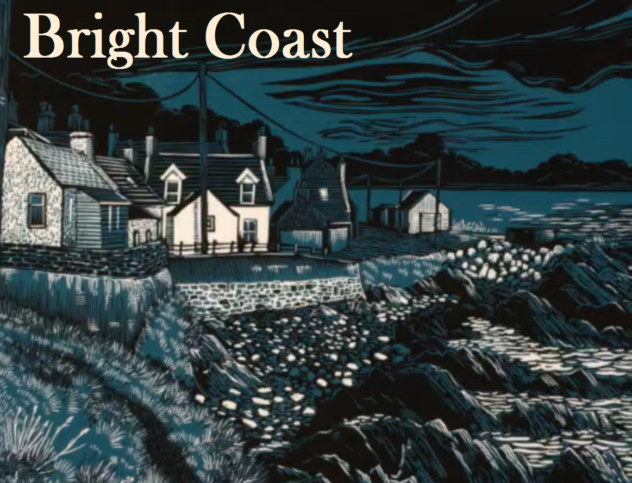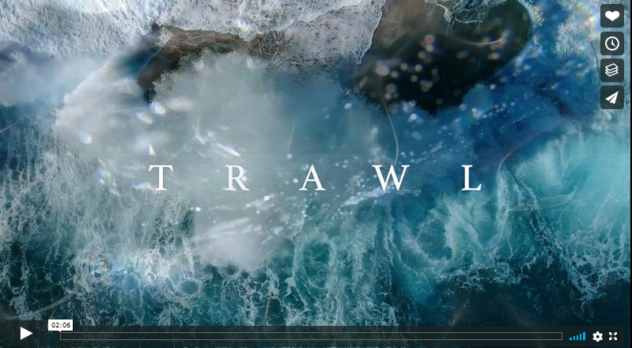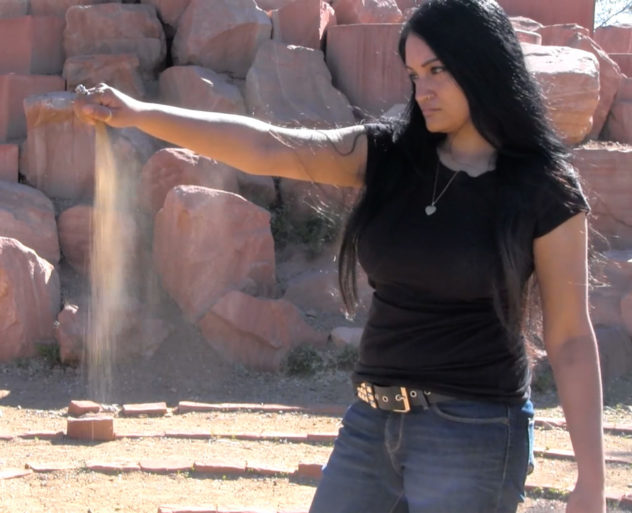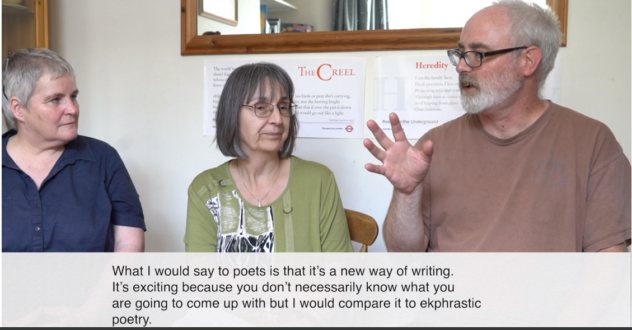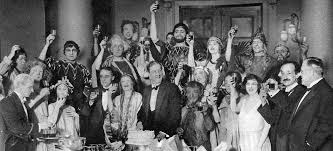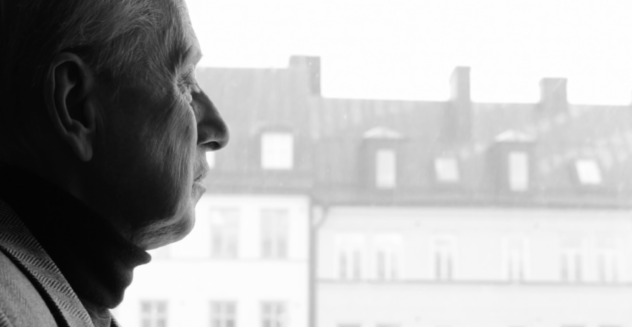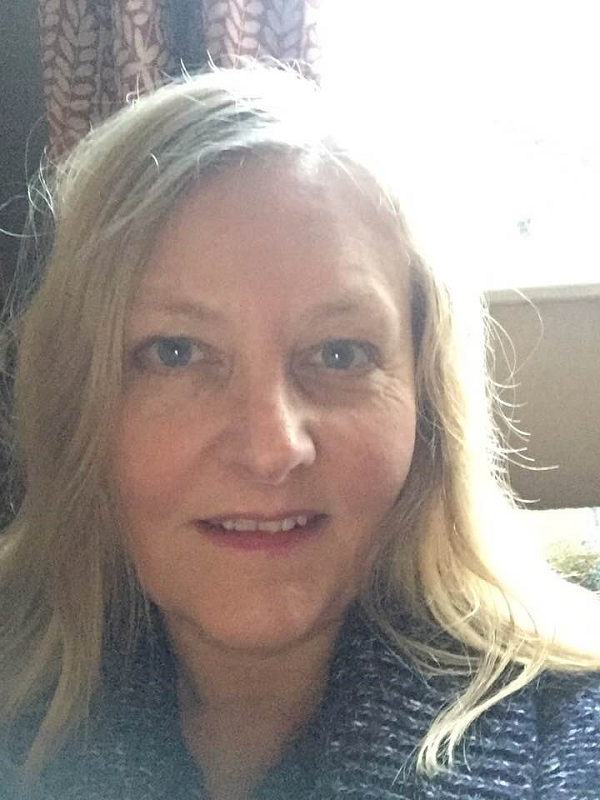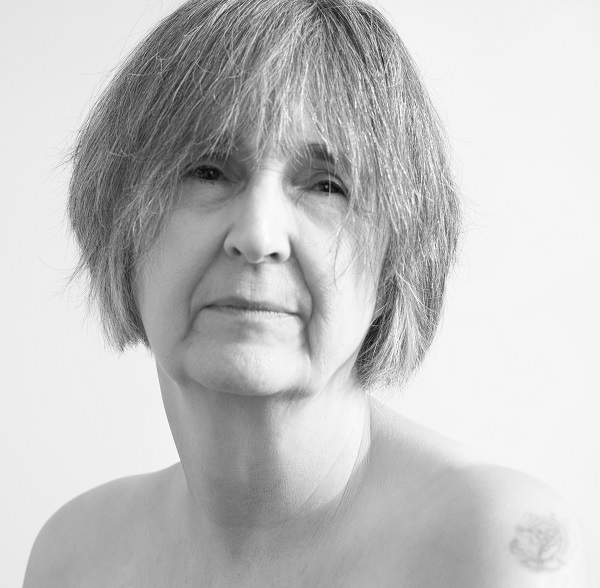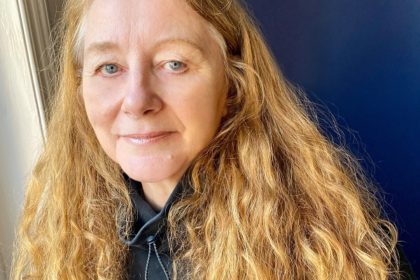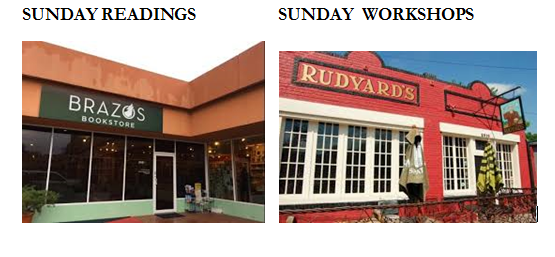As a poet and political activist, Muriel Rukeyser’s (1913-1980) work spanned five decades. She was best known for her poems about equality, feminism, social justice, and Judaism. Starting with Theory of Flight, which won the Yale Younger Prize in 1935, she published 15 collections of poetry. New York Times Book Review‘s Richard Eberhart judged Rukeyser’s poems in general to be “primordial and torrential. They pour out excitements of a large emotional force, taking in a great deal of life and giving out profound realizations of the significance of being. . . . She belongs to the Whitman school of large confrontations and outpourings.”
Jan Freeman is the author of Simon Says, nominated for the National Book Critics Circle Award; Hyena; and Autumn Sequence. She is the recipient of the 1993 Cleveland State Poetry Center award and was a contributing editor of The American Poetry Review for 25 years. She lives in Ashfield, Massachusetts.
JAN FREEMAN on MURIEL RUKEYSER
I first discovered Muriel Rukeyser through her poems when I was a student at Vassar. Though Rukeyser also attended the college, I didn’t learn about her work in English or creative writing classes. My boyfriend gave me her Collected Poems, and that same year (1979) my father gave me the book.
I was captivated by Rukeyser’s poems about the female body, her poems about passion, love, and family. “Speaking to Each Other” was a poem that I read over and over. In a few lines she conveys a world of intimacy and eroticism. The poem is lyrical — you can sing it! — through repetition at the beginning of each line and the repetition of “each other,” and through the rhythm of each line intertwined with the repetition.
Looking at Each Other by Muriel Rukeyser
Yes, we were looking at each other
Yes, we knew each other very well
Yes, we had made love with each other many times
Yes, we had heard music together
Yes, we had gone to the sea together
Yes, we had cooked and eaten together
Yes, we had laughed often day and night
Yes, we fought violence and knew violence
Yes, we hated the inner and outer oppression
Yes, that day we were looking at each other
Yes, we saw the sunlight pouring down
Yes, the corner of the table was between us
Yes, our eyes saw each other’s eyes
Yes, our mouths saw each other’s mouths,
Yes, our breasts saw each other’s breasts
Yes, our bodies entire saw each other
Yes, it was beginning in each
Yes, it threw waves across our lives
Yes, the pulses were becoming very strong
Yes, the beating became very delicate
Yes, the calling the arousal
Yes, the arriving the coming
Yes, there it was for both entire
Yes, we were looking at each other
The eroticism of the poem is delicious. She mirrors lovemaking between two women through the rhythm and the images of the poem.
And this poem is so different from other poems I discovered and loved — such as “Myth” and “Effort of Speech Between Two People.”
Effort at Speech Between Two People by Muriel Rukeyser
: Speak to me. Take my hand. What are you now?
I will tell you all. I will conceal nothing.
When I was three, a little child read a story about a rabbit
who died, in the story, and I crawled under a chair :
a pink rabbit : it was my birthday, and a candle
burnt a sore spot on my finger, and I was told to be happy.
: Oh, grow to know me. I am not happy. I will be open:
Now I am thinking of white sails against a sky like music,
like glad horns blowing, and birds tilting, and an arm about me.
There was one I loved, who wanted to live, sailing.
: Speak to me. Take my hand. What are you now?
When I was nine, I was fruitily sentimental,
fluid : and my widowed aunt played Chopin,
and I bent my head on the painted woodwork, and wept.
I want now to be close to you. I would
link the minutes of my days close, somehow, to your days.
: I am not happy. I will be open.
I have liked lamps in evening corners, and quiet poems.
There has been fear in my life. Sometimes I speculate
On what a tragedy his life was, really.
: Take my hand. Fist my mind in your hand. What are you now?
When I was fourteen, I had dreams of suicide,
and I stood at a steep window, at sunset, hoping toward death :
if the light had not melted clouds and plains to beauty,
if light had not transformed that day, I would have leapt.
I am unhappy. I am lonely. Speak to me.
: I will be open. I think he never loved me:
He loved the bright beaches, the little lips of foam
that ride small waves, he loved the veer of gulls:
he said with a gay mouth: I love you. Grow to know me.
: What are you now? If we could touch one another,
if these our separate entities could come to grips,
clenched like a Chinese puzzle . . . yesterday
I stood in a crowded street that was live with people,
and no one spoke a word, and the morning shone.
Everyone silent, moving. . . . Take my hand. Speak to me.
Muriel Rukeyser’s work — her poetry and her prose — so often addresses communication and connection. “I speak to you You speak to me” she says at the end of another poem, “Waterlily Fire” — a poem referring to Monet’s “Waterlilies” and a fire at the Museum of Modern Art. “The purpose of truth is its communication,” she says in her prose work The Life of Poetry.
And she writes of confusion in communication! That appears in her poem “The Ballad of Orange and Grape.”
Ballad of Orange and Grape by Muriel Rukeyser
After you finish your work
after you do your day
after you’ve read your reading
after you’ve written your say –
you go down the street to the hot dog stand,
one block down and accross the way.
On a blistering afternoon in East Harlem in the twentieth
century.
Most of the windows are boarded up,
the rats run out of a sack –
sticking out of the crummy garage
one shiny long Cadillac;
at the glass door of the drug-addiction center,
a man who’d like to break your back.
But here’s a brown woman with a little girl dressed in rose
and pink, too.
Frankfurters frankfurters sizzle on the steel
where the hot-dog-man leans –
nothing else on the counter
but the usual two machines,
the grape one, empty, and the orange one, empty,
I face him in between.
A black boy comes along, looks at the hot dogs, goes on
walking.
I watch the man as he stands and pours
in the familiar shape
bright purple in the one marked ORANGE
orange in the one marked GRAPE,
the grape drink in the machine marked ORANGE
and orange drink in the GRAPE.
Just the one word large and clear, unmistakeable, on each
machine.
I ask him : How can we go on reading
and make sense out of what we read? –
How can they write and believe what they’re writing,
the young ones across the street,
while you go on pouring grape in ORANGE
and orange into the one marked GRAPE –?
(How are we going to believe what we read and we write
and we hear and we say and we do?)
He looks at the two machines and he smiles
and he shrugs and smiles and pours again.
It could be violence and nonviolence
it could be white and black women and men
it could be war and peace or any
binary system, love and hate, enemy, friend.
Yes and no, be and not-be, what we do and what we don’t
do.
On a corner in East Harlem
garbage, reading, a deep smile, rape,
forgetfulness, a hot street of murder,
misery, withered hope,
a man keeps pouring grape into ORANGE
and orange into the one marked GRAPE,
pouring orange into GRAPE and grape into ORANGE forever.
Connection, confusion, communication, miscommunication, boundaries, false boundaries — themes that weave through nearly all of Rukeyser’s work. And the need for connection. The need for feeling. The act of feeling. Which brings me to my life with Muriel Rukeyser through her prose work about the connections between all disciplines, all things. And the importance of feeling which leads to the importance of living with the arts, especially poetry, in our daily lives. Americans’ fear of feeling, and how we must change that through the arts in order to be more sensate and compassionate individuals, and create a more compassionate nation.
Loving Muriel Rukeyer’s broad reaching poems, including her work in U.S.1, “The Book of the Dead,” and her antiwar poems, her civil rights poems, her poems about living as a Jew in the 20th century — Rukeyser’s wide expanse, passion, and courage packed into the “doorstop” (her term) of The Collected Poems of Muriel Rukeyser (1978, McGraw Hil; 2006, University of Pittsburgh Press) — carried me to a Poets House event in the late 1980s in a small classroom in a public school in NYC. There, Galway Kinnell, Nina Cassian (my teachers at NYU), Toi Derricotte, Phil Levine, and others talked about Rukeyser’s poetry and told anecdotes about her life and how she opened their lives. Each time a poet spoke, she or he referred to Rukeyser’s prose work The Life of Poetry, first published in 1949, then in 1974, and out of print. Over and over I heard profound references to that book. And occasionally to her “novel” The Orgy.
I left that feast of poetry and poets and began searching for that book. During the next few years I discovered it had been stolen from all the libraries in NYC. In 1992, I found a copy in a secondhand bookstore on Christopher Street. I read it and reread it. It was the most inspiring and affirming book I’d ever experienced. In 1995 I founded the nonprofit press Paris Press with one goal to publish one book — The Life of Poetry. That began my life with Muriel Rukeyser — 15 years after her death, transformed by her poems, and then transformed by her prose about poetry and the arts and American culture.
For 20 years Muriel Rukeyser’s voice fills my home which is also my office. She is the ground note of all I do as a publisher. She offers me affirmation and courage to speak my truth as a poet. Her long-reaching lines, her reaching voice crosses decades and fills my life and the lives of everyone I know and everyone I meet. She will open your life if you read her work, as she opened mine.

